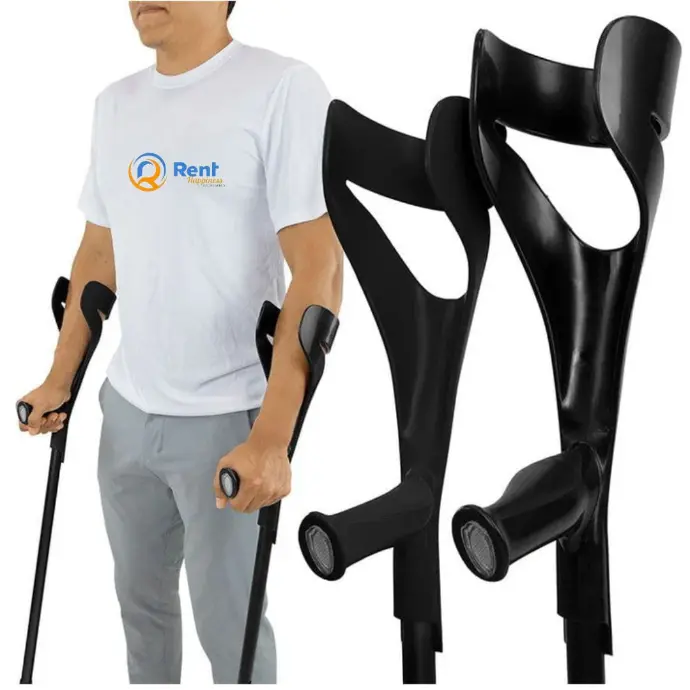The United Nations’ Convention on the Rights of Persons with Disabilities (CRPD) stands as a beacon of hope and change in the realm of human rights. By shifting the narrative from disability as a deficit to disability as a matter of rights, the CRPD reminds us of the collective responsibility to build a world that values and includes everyone. As we continue to work towards the full realization of the CRPD’s principles, we move closer to a future where individuals with disabilities are not only recognized but also empowered to thrive on their own terms.

In 2006, the global community took a remarkable step towards inclusivity, equality and the recognition of human dignity by adopting the United Nations’ Convention on the Rights of Persons with Disabilities (CRPD). This groundbreaking treaty serves as a testament to the collective commitment to creating a world where individuals with disabilities are not only acknowledged but are also active participants in every aspect of society.
The CRPD marked a paradigm shift in the way disabilities are perceived and addressed. Unlike previous approaches that often framed disabilities as charity cases, the convention upholds the understanding that individuals with disabilities have inherent rights. It recognizes that disability is not just a medical condition but also a social construct shaped by societal attitudes and environmental barriers. By highlighting the principles of non-discrimination, full participation, and inclusive development, the CRPD paves the way for a more just and inclusive society.

While the CRPD has undeniably sparked progress, challenges remain. Many countries still grapple with implementing the convention’s principles fully, often due to resource constraints and attitudinal barriers. Continued advocacy, collaboration, and awareness-raising are essential to overcome these challenges and ensure that the rights of persons with disabilities are upheld universally.

